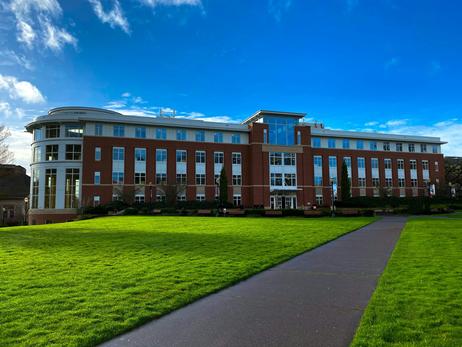Second Rate? Community Colleges Fight Stereotypes in 2025
Community colleges have long been burdened with stereotypes portraying them as “second-rate” options for higher learning. Yet in 2025, these institutions are defying outdated narratives, dramatically reshaping public perception, and reinforcing their roles as vital hubs of accessibility, workforce readiness, and upward socioeconomic mobility. This updated review revisits common myths, incorporates the newest data, and highlights the real achievements and evolving landscape of community colleges today.
The Myth of the “Fallback” Option
One of the most enduring stereotypes is that community college is simply a fallback for students who could not gain admission to a four-year college. While this remains a perception among some families and counselors, the data tell a far more strategic story.
Rising college costs, mounting student debt, and shifting workforce demands are making community colleges a deliberate first choice for many students. In-district tuition and fees at public two-year colleges average about $3,890 per year in 2025, a dramatically lower figure than four-year institutions, where annual costs now typically exceed $10,000. This affordability makes community colleges an intelligent financial decision, not a compromise. Community College Review
In addition to financial considerations, community colleges now offer robust transfer pathways. According to the latest research, transfer students from community colleges successfully complete bachelor’s degrees at rates that underscore the legitimacy of this choice. Expert advisors and admissions officers increasingly recognize community college readiness as equal to many university






















